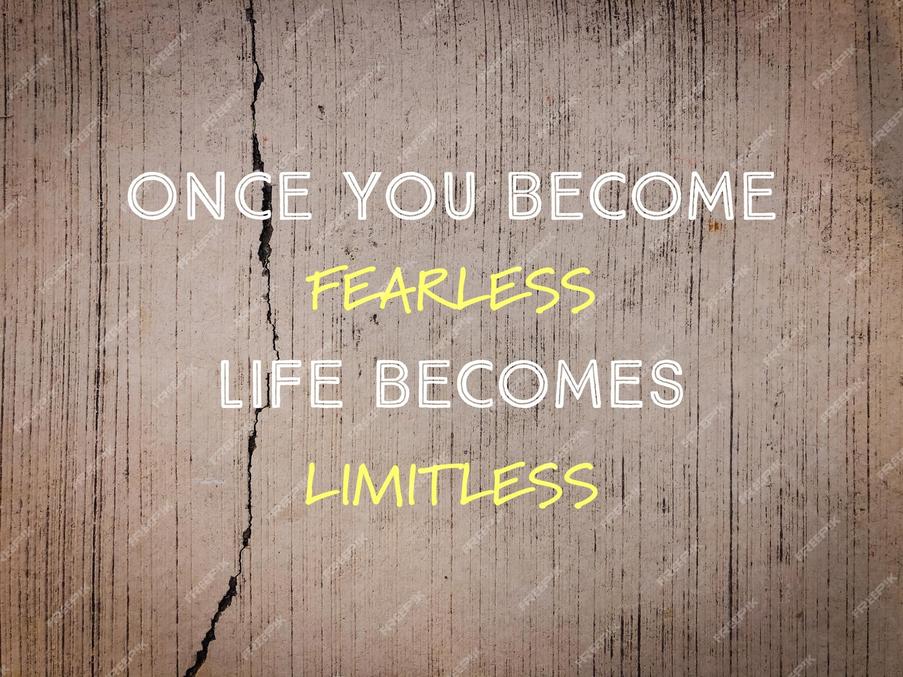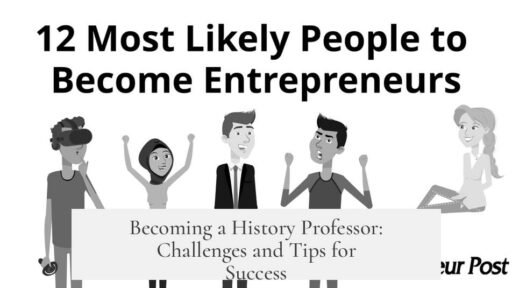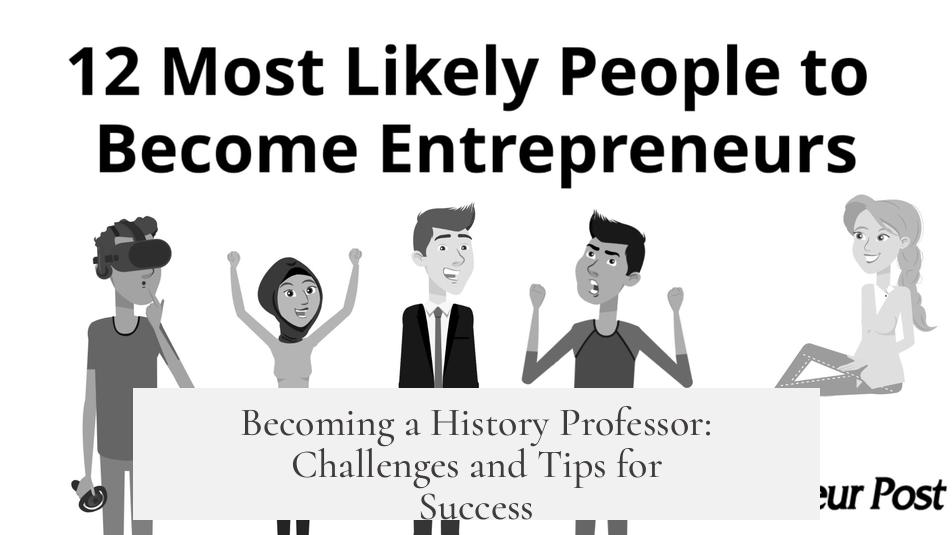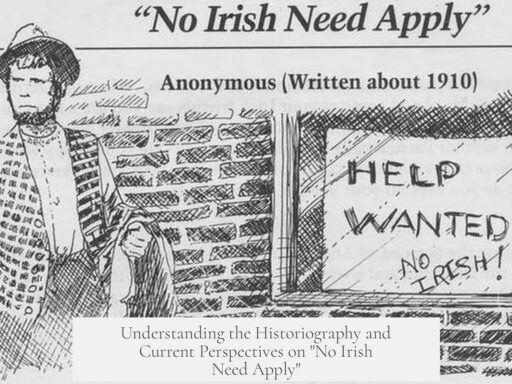Becoming a professor of history is challenging and demands years of dedication, extensive education, and perseverance in a tough job market.

The educational path involves completing a bachelor’s degree, which takes about 4 to 6 years. Many graduates then spend several years gaining real-world experience and paying off student debt. Most aspiring historians pursue a master’s degree, which adds 2 to 3 years, followed by a PhD program lasting 5 to 8 years.
After the PhD, individuals often spend additional time as postdoctoral fellows or associate professors, sometimes for 1 to 10 years, before getting opportunities to become assistant or full professors. This extended timeline means becoming a history professor can take 15 to 25 years in total.

The academic job market for historians is highly competitive. About half of humanities PhDs secure a role in academia, often facing poor odds in attaining tenure-track positions. Many work as adjunct instructors with limited job security. Student loan burdens and financial pressures add to the difficulty.
The job itself carries rewards and challenges. Teaching history offers a chance to shape critical thinkers and foster civic engagement. However, critics often note academia can be thankless, especially when students do not engage fully. Passion for the subject and commitment remain crucial.

Recommendations for aspiring historians include:
- Learning additional languages is essential, as many historical sources and research require this skill.
- Taking advanced history courses early helps test interest and develop critical writing and thinking skills.
- Exploring varied academic and career options during undergraduate studies prevents burnout and broadens perspectives.
Overall, success relies more on consistent hard work than innate talent. Dedication throughout the lengthy educational process is necessary to navigate the demanding path to becoming a history professor.
| Stage | Duration (Years) |
|---|---|
| Bachelor’s Degree | 4-6 |
| Real-World Experience/Debt Repayment | 1-5 |
| Master’s Degree | 2-3 |
| PhD Program | 5-8 |
| Postdoctoral/Associate Professorship | 1-10 |
Key points:
- Becoming a history professor requires 15+ years of education and experience.
- Academic jobs are scarce; only half of humanities PhDs secure tenure-track roles.
- Language skills and early challenging coursework help prepare candidates.
- Hard work outweighs talent in the path to professorship.
- The role offers intellectual rewards despite challenges in academia.
How Hard is it to Become a Professor of History?
Becoming a professor of history is quite hard, demanding years of education, steadfast dedication, and a touch of patience for the quirks of academia. For those passionate about the past, the journey combines a long educational path and fierce job market competition. But what does it take exactly? Let’s unpack the challenge and the rewards of entering this scholarly realm.
First off, think marathon, not sprint. The educational path alone requires commitment akin to climbing Mount Everest—only with fewer ice axes and more books. You’ll start with a bachelor’s degree, which typically takes four to six years. Some future historians spend additional time paying off student loans and gaining work experience before plunging into graduate school. A Master’s program usually takes two to three years, followed by a PhD program that lasts five to eight years. After that, many spend between one and ten years in roles like post-doc fellowships or associate professorships before they earn the coveted title of assistant or full professor.
You might be wondering, “Why so long?” Because history isn’t just memorizing dates. You’re learning languages, deciphering ancient texts, and piecing together society’s jigsaw puzzles over centuries. For example, medievalists often juggle multiple languages, and archaeology can be crucial to their research. This depth is what makes history rewarding but also time-consuming.
Here’s a reality check on the job market. About half of humanities PhDs in the US fail to secure academic positions. The market is steep, and for professors of history, the challenge sharpens. It’s one thing to land a teaching gig; it’s another to secure a permanent, non-adjunct role. Adjuncts are like academic freelancers – valuable, yet often underpaid and underappreciated. Unless you come from wealth or have exceptional talent, you’ll probably wrestle with significant student debt while chasing your dream.
Still skeptical? Meet someone who’s lived this path. One professor recalls double majoring in history and foreign languages during undergrad and spending five years out of school craving more knowledge. Their senior thesis was about post-WWI Germany but they pivoted to early medieval history for their Master’s. They immersed themselves in languages and archaeological texts, things often overlooked in popular history classes. Now, deep in their PhD, they teach and influence students—tasks that offer both joy and immense responsibility.
Academia, this professor confesses, can be unpredictable and thankless. Ever had students skip reading assignments? Welcome to the club. Yet, the intrinsic rewards of molding critical thinkers and civically-minded citizens keep their passion alive. Quite frankly, teaching history isn’t just a job; it feels like a mission.
Thinking About Becoming a History Professor? Here are Some Tips:
- Learn Languages: Yes, even American historians need extra languages. Want to specialize in medieval times or global history? Expect to juggle two or three languages. It’s like being multilingual but with ancient scripts.
- Take Higher-Level History Classes Early: Enroll in 300- or 400-level courses as a freshman or sophomore. It’s tough, but you’ll quickly see if academic history is your calling. Warning: It demands rigorous writing and critical thinking.
- Keep Options Open: Obsessing over a single goal can burn you out fast. Use your undergrad years to explore. Sometimes, a surprising elective or hobby saves the day or even redirects your passion.
Now, let’s talk about the role of hard work. This is no fairy tale where talent alone wins the day. Most historians say perseverance outshines raw ability. It’s grinding through endless reading lists, drafts of papers, and research that lacks immediate payoff. If you’re prepared for this hustle, you’re halfway there.
Are you curious if this process ever eases up? Well, the long path includes stages of progression and uncertainty. Post-doc years or associate professorships might last years. Job security during these times often teeters on soft budgets and shifting university priorities. Despite this, the pursuit can be deeply fulfilling.
Let’s break down the timeline with a quick table to visualize the journey:
| Stage | Typical Duration |
|---|---|
| Bachelor’s Degree | 4-6 years |
| Work Experience / Loan Payoff | 1-5 years |
| Master’s Degree | 2-3 years |
| PhD Program | 5-8 years |
| Post-Doc / Associate Professor | 1-10 years |
| Assistant or Full Professor | Varies; final goal |
What about personal growth? The professor’s story highlights a shift from undergrad curiosity to scholarly specialization. For them, exploring post-war Germany then pivoting to medieval history was both challenging and inspiring. Learning languages, engaging in archaeology, and teaching young minds makes the journey much more than just years spent studying.
So, is the history professor path right for you? If you enjoy reading beyond textbooks, love piecing stories from fragments, and are ready to embrace a marathon of commitment, it might be worth the grind. Remember, it’s not just about the fancy job title—it’s about shaping the future by understanding the past.
On a final note, ask yourself this: Can you bear the uncertainty, relish deep research, and find joy in teaching? If yes, welcome to one of the most fulfilling intellectual careers on the planet! If no, maybe it’s better to keep history as a hobby and enjoy the occasional documentary instead.




